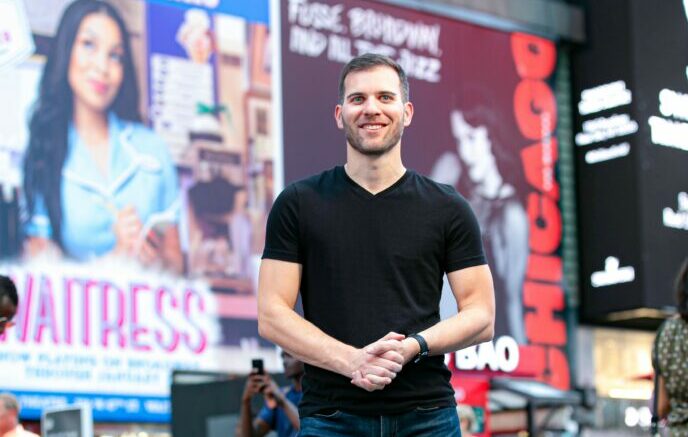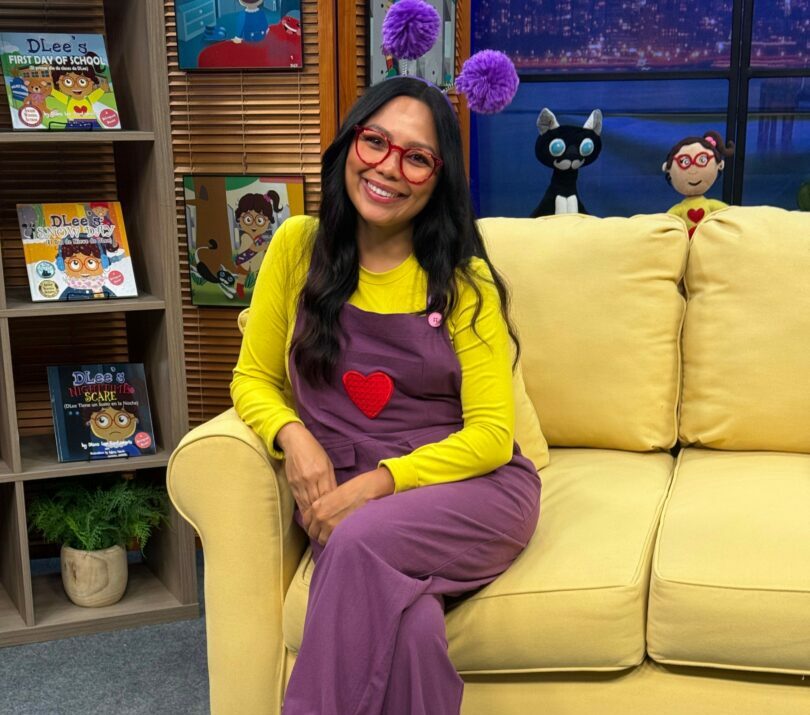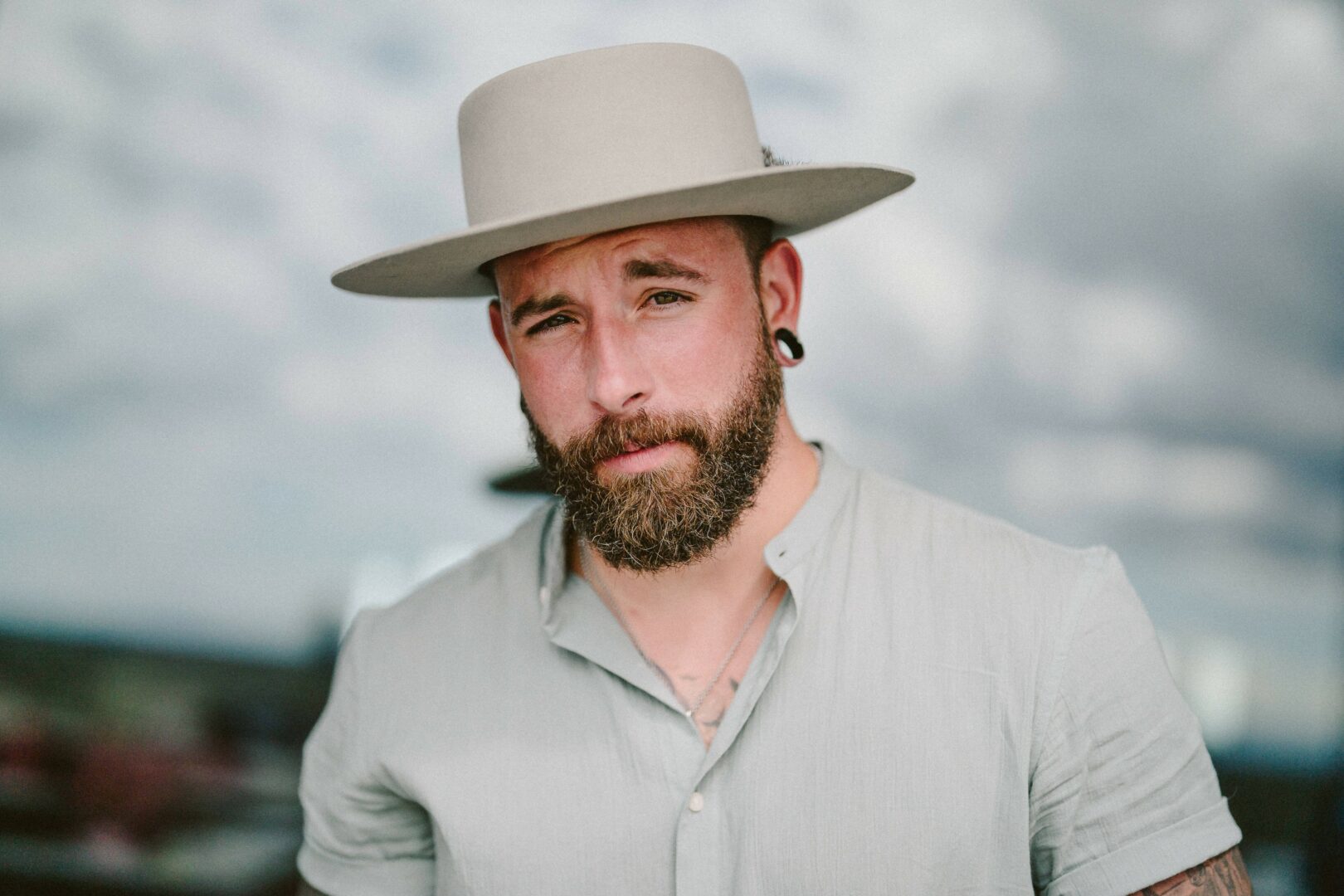We were lucky to catch up with Elicia Neo recently and have shared our conversation below.
Elicia, so great to be with you and I think a lot of folks are going to benefit from hearing your story and lessons and wisdom. Imposter Syndrome is something that we know how words to describe, but it’s something that has held people back forever and so we’re really interested to hear about your story and how you overcame imposter syndrome.
Imposter syndrome was something I’ve really struggled with for a long time – as many people definitely do in this line of work. I wouldn’t say I have overcome it, but I have definitely gone a long way into shifting my mindset away from thinking whether something good that I’ve gotten is more than what I deserve. Back in my undergrad days I produced a performance piece called “Skeleton” https://www.youtube.com/watch?v=jIh3IzUmVxA that explored exactly the narrative of imposter syndrome – what it felt like to cover yourself up what masks and then what it felt like that inevitably all of it unravels like yarn spinning away leaving you exposed for what you truly are – except… that’s all of us. Understanding that everyone is just trying their best, and that I should focus more on how I see myself rather than worrying about how others perceive me, has helped me manage those feelings.
Today, when imposter syndrome creeps in, I remind myself that growth comes from discomfort, and I focus on showing up and doing the work rather than questioning if I belong.

Thanks, so before we move on maybe you can share a bit more about yourself?
With my collaborator Casey Hall-Landers, we have started a duo called Sensory Dimensions, which depicts the experiences of disabled people with chronic illness and pain by immersing audiences in multi-sensory environments using a diverse range of artistic modalities to create accessible live art events.
In our ongoing investigation to express invisible disabilities through art, Sensory Dimensions have developed a practice of recontextualizing pain through different sensory and artistic pathways, using nature as a reflective device to understand our bodies, and interweaving accessible design within their creative expression.
Coming up, we will be guest artists at Arts Letters and Numbers, as well as having performances in San Diego and New York in the latter half of 2025 (dates coming out soon!)

There is so much advice out there about all the different skills and qualities folks need to develop in order to succeed in today’s highly competitive environment and often it can feel overwhelming. So, if we had to break it down to just the three that matter most, which three skills or qualities would you focus on?
These three qualities have been the most impactful in my journey, shaping how I learn, create, and collaborate.
A love for learning has been a huge part of my growth. I’ve always enjoyed picking up new skills, whether it’s reading about something outside my field, watching a documentary, or going down a rabbit hole on YouTube. Even when something doesn’t seem directly related to my work, I’ve found that knowledge has a way of connecting back in unexpected and valuable ways. Staying curious keeps things exciting and opens doors to perspectives I wouldn’t have considered otherwise.
Finding inspiration in everyday life has also helped me stay creative and engaged. I believe that art and storytelling come from observing the world around us—how people interact, how spaces shape experiences, even the small details we often overlook. Whether it’s a random conversation, an interesting place, or a quiet moment of reflection, I try to stay open to inspiration wherever it comes from.
This all ties into one of the most valuable approaches I’ve taken in my journey—focusing on breadth rather than depth. Instead of specializing in just one niche (like being only a violinist), I’ve found strength in developing a wide range of skills across different disciplines. This has made me a more flexible collaborator, helped me connect ideas in unique ways, and allowed me to approach challenges from multiple perspectives. More than anything, I’ve found it to be a more enjoyable way to work and grow, which is so important in maintaining passion for what you do.
My biggest advice is to embrace curiosity—explore widely, experiment with different interests, and don’t feel pressured to fit into one box. Sometimes, it’s the combination of seemingly unrelated skills that makes you stand out.

What do you do when you feel overwhelmed? Any advice or strategies?
When I start feeling overwhelmed, one of the best pieces of advice I’ve ever gotten from a mentor is to switch gears instead of stopping completely. If project A starts feeling like too much, I take a step back and dive into project B. It gives my brain a break while still keeping my momentum going. I’ve learned that completely stopping often makes me feel even more drained, but shifting my focus helps me reset and come back with fresh energy.
My biggest takeaway? Overwhelm doesn’t always mean you need to pause — you might just need a little change of pace.
Contact Info:
- Other: [email protected]


Image Credits
NA
so if you or someone you know deserves recognition please let us know here.




